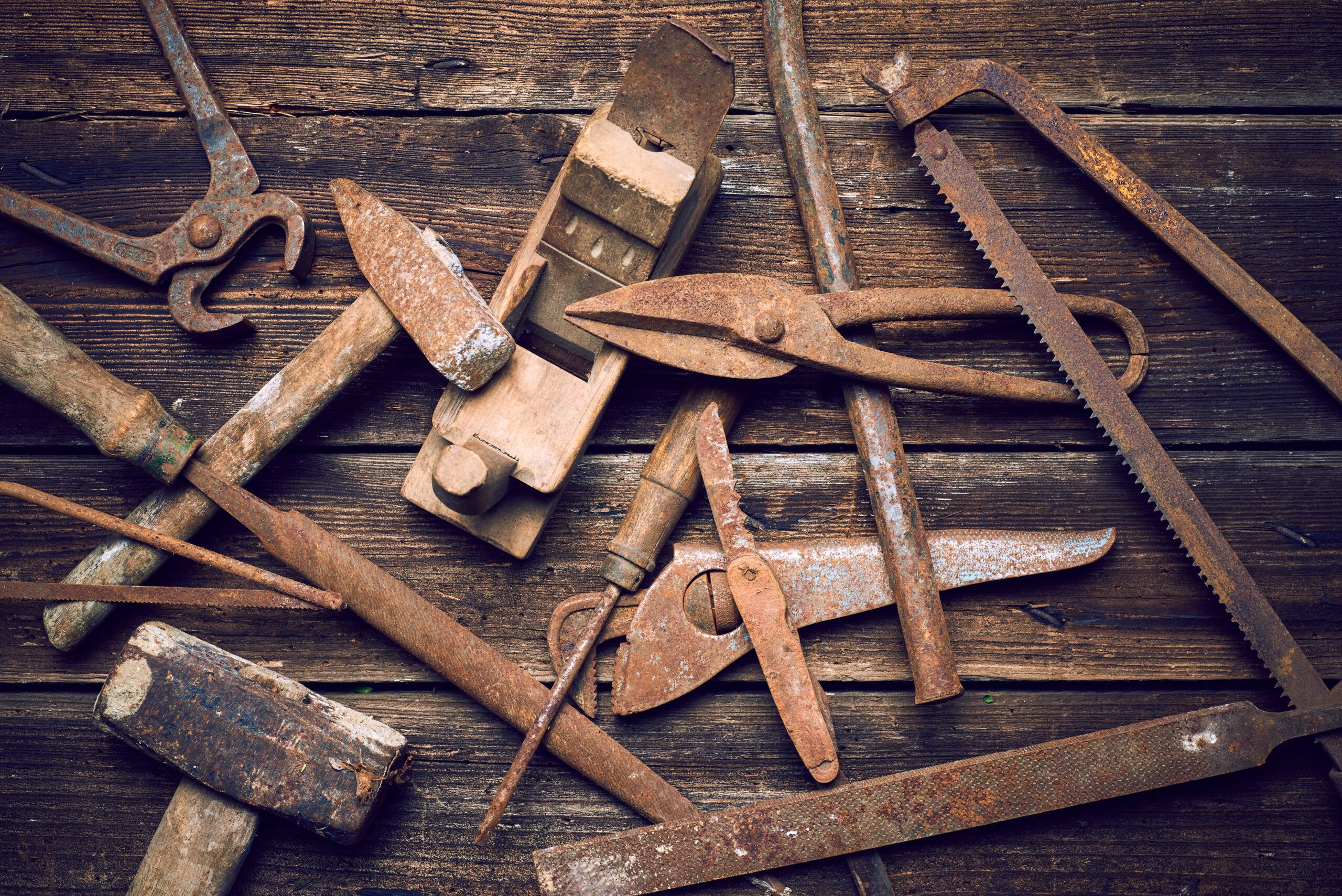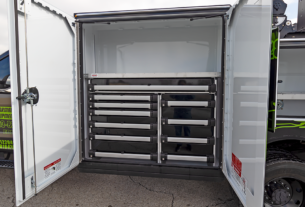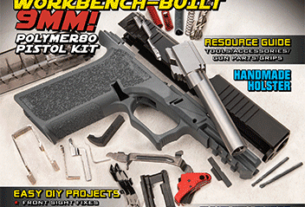As a DIY enthusiast, there’s nothing more frustrating than finding your beloved tools rusted and unusable. Rust is not only unsightly but also reduces the effectiveness of your tools, leading to costly replacements or repairs. But fear not! With these tips and tricks, you can keep your tools rust-free and in tip-top shape.
[h2]Understanding Rust[/h2]
Before we dive into how to prevent rust on your tools, it’s important to understand what causes rust in the first place. Rust is essentially a chemical reaction that occurs when iron or steel comes into contact with oxygen and moisture. This reaction creates iron oxide, which weakens the metal over time.
[h2]Tip #1: Keep Your Tools Dry[/h2]
Moisture is one of the primary culprits behind rust formation. To prevent rust from forming on your tools, it’s essential to keep them as dry as possible. If you’re working in a damp environment or dealing with particularly humid weather conditions, make sure to use a dehumidifier or store your tools in an area with low humidity levels.
When you’re finished using your tools, be sure to dry them thoroughly before storing them away. Use a clean towel or rag to wipe down each tool carefully, paying special attention to crevices and hard-to-reach areas where moisture may collect.
[h2]Tip #2: Add a Protective Coating[/h2]
Applying a protective coating can help shield your tools from moisture and other elements that contribute to rust formation. There are several different types of coatings available, including oil-based coatings, wax-based coatings, and synthetic polymer coatings.
Oil-based coatings are some of the most popular choices for preventing rust on metal surfaces. These coatings form a barrier between the metal surface and moisture in the air, preventing rust from forming. To apply an oil-based coating, simply wipe a small amount onto the surface of your tools using a clean cloth.
Wax-based coatings work similarly to oil-based coatings but are typically easier to apply and less messy. Simply melt a small amount of wax and apply it to the surface of your tools using a brush or cloth.
Finally, synthetic polymer coatings offer excellent protection against rust and other types of corrosion. These coatings are typically more expensive than oil- or wax-based coatings but provide longer-lasting protection. To apply a synthetic polymer coating, follow the manufacturer’s instructions carefully.
[h2]Tip #3: Store Your Tools Properly[/h2]
Proper tool storage is essential for preventing rust formation. When storing your tools, be sure to keep them in a dry, cool place with good ventilation. Avoid storing your tools in areas that are prone to moisture buildup, such as basements or garages.
It’s also important to store your tools properly to avoid damage. Keep sharp tools like saws and chisels in a protective case or sheath to prevent them from accidentally cutting through anything (or anyone!) when not in use.
[h2]Tip #4: Clean Your Tools Regularly[/h2]
Regular cleaning is essential for keeping your tools rust-free. Not only does cleaning remove any dirt or debris that may contribute to rust formation, but it also allows you to inspect your tools for signs of damage or wear.
To clean your tools effectively, start by removing any loose debris using a soft-bristled brush or cloth. Then, use a mild detergent and warm water to scrub away any stubborn dirt or grime. Rinse the tool thoroughly with water and dry it completely before storing it away.
[h2]Tip #5: Use Rust Inhibitors[/h2]
Rust inhibitors are chemical compounds that help prevent rust formation on metal surfaces. There are several different types of rust inhibitors available, including sprays, powders, and liquids.
To use a rust inhibitor, simply apply the compound to the surface of your tools using a clean cloth or spray bottle. Be sure to follow the manufacturer’s instructions carefully to ensure proper application and maximum effectiveness.
[h2]Conclusion[/h2]
By following these tips and tricks, you can keep your tools rust-free and in excellent condition for years to come. Remember to keep your tools dry, apply a protective coating, store them properly, clean them regularly, and use rust inhibitors as needed. With a little bit of effort and care, you can enjoy your tools for many DIY projects to come!
[h2]References[/h2]
-https://www.bobvila.com/articles/how-to-remove-rust-from-tools/
-https://www.familyhandyman.com/list/15-tips-for-storing-your-power-tools/
-https://www.popularmechanics.com/home/tools/a20277783/how-to-prevent-tool-rust/
-https://en.wikipedia.org/wiki/Rust_(corrosion)




